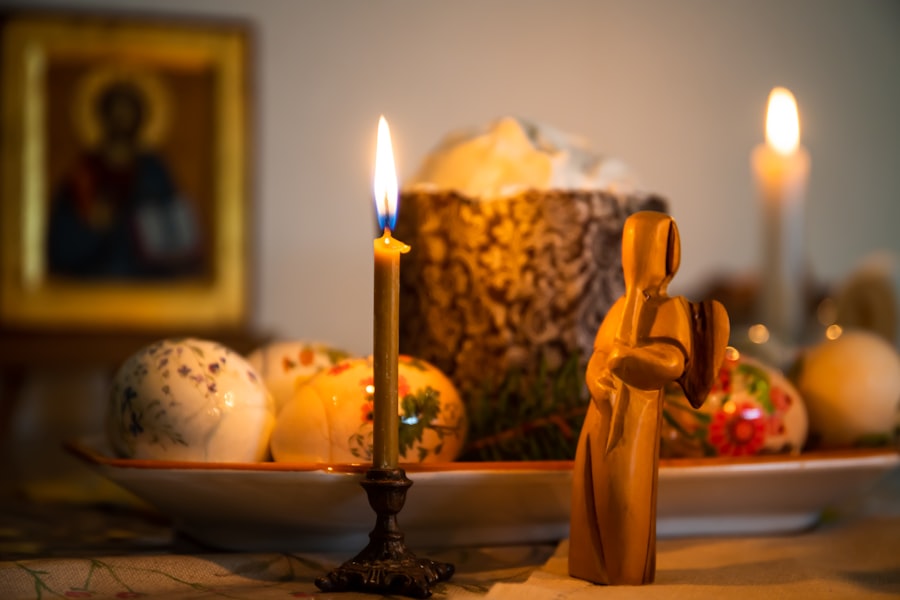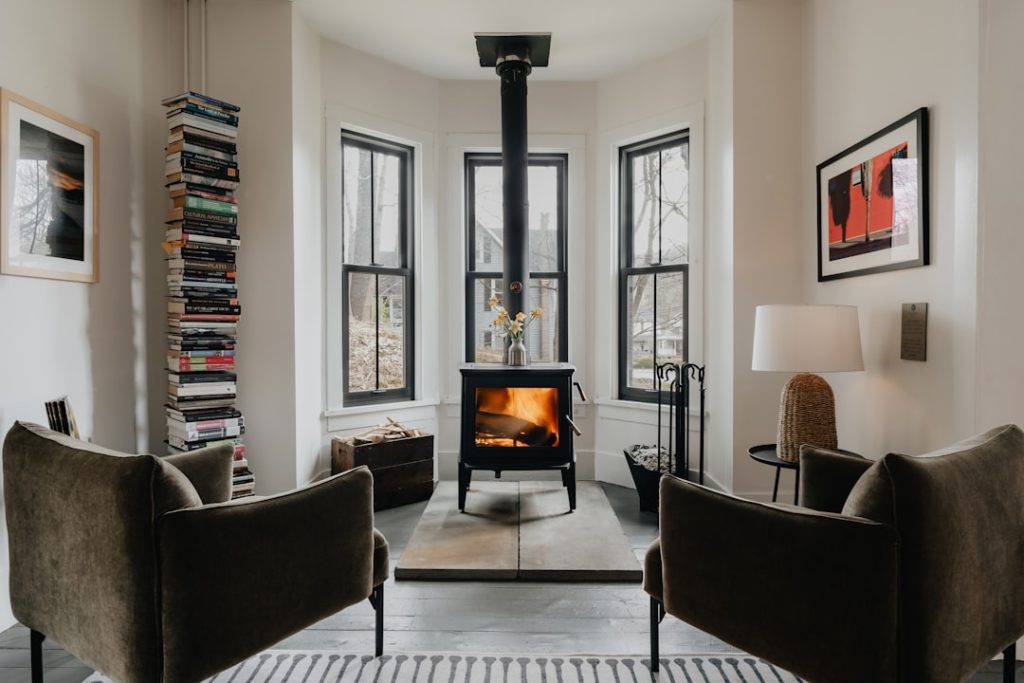Chickens, like all animals, have specific needs that must be met for optimal health and well-being, particularly during winter. A warm, dry environment is essential to protect them from cold and damp conditions. Fresh water and nutritious food are crucial for maintaining energy levels and overall health.
Proper ventilation in the coop is necessary to prevent moisture and ammonia buildup, which can cause respiratory issues. Chickens are susceptible to cold temperatures and may suffer from frostbite or hypothermia without adequate shelter and warmth. Cold tolerance varies among chicken breeds, so it’s important to consider the specific needs of your flock.
Constant access to clean water is vital, as dehydration can lead to health problems and reduced egg production. A balanced diet is crucial during winter, as chickens require extra energy to maintain body heat. By addressing these fundamental needs, chicken owners can ensure their flock remains healthy and comfortable throughout the colder months.
Table of Contents
- 1 Providing adequate shelter for chickens
- 2 Using bedding and insulation in the coop
- 3 Ensuring proper ventilation in the coop
- 4 Providing supplemental heat for chickens
- 5 Offering warm water and nutritious food
- 6 Monitoring the health and behavior of chickens
- 7 FAQs
- 7.1 What are the best ways to keep chickens warm outside in winter?
- 7.2 How can I insulate my chicken coop for winter?
- 7.3 Is it safe to use heat lamps or heated pads for chickens in winter?
- 7.4 What temperature is too cold for chickens in winter?
- 7.5 How can I ensure good ventilation in the chicken coop during winter?
Key Takeaways
- Chickens need extra care in winter due to their susceptibility to cold temperatures
- Adequate shelter should be provided to protect chickens from harsh weather conditions
- Using bedding and insulation in the coop helps to keep chickens warm and dry
- Proper ventilation is essential to prevent moisture buildup and maintain air quality in the coop
- Supplemental heat can be provided, but it should be used cautiously to avoid overheating the chickens
Providing adequate shelter for chickens
Insulation and Space
The coop should be well-insulated and free from drafts, with enough space to accommodate the entire flock comfortably. This ensures that the chickens can move around freely and roost comfortably without feeling cramped or exposed to the elements.
Moisture Prevention and Ventilation
It’s essential to ensure that the coop is watertight and free from leaks, as moisture can lead to damp conditions that are harmful to chickens’ health. Additionally, the coop should have adequate ventilation to prevent the buildup of moisture and ammonia, which can lead to respiratory issues.
Design and Maintenance
The coop should be raised off the ground to prevent flooding and provide a dry environment for the chickens. Providing perches for the chickens to roost on will help keep them off the cold ground and provide extra warmth. By ensuring that the coop is well-designed and maintained, you can provide your chickens with a safe and comfortable shelter that meets their needs during the winter.
Using bedding and insulation in the coop

Bedding and insulation play a crucial role in keeping chickens warm and comfortable during the winter months. Adding a thick layer of bedding, such as straw or wood shavings, to the floor of the coop will provide insulation and help keep the chickens warm. It’s important to regularly clean and replace the bedding to prevent the buildup of moisture and ammonia, which can lead to respiratory issues.
Additionally, adding insulation to the walls and ceiling of the coop will help maintain a comfortable temperature inside, protecting the chickens from the cold outside air. Proper insulation is essential for preventing drafts and maintaining a consistent temperature inside the coop. Insulating materials such as foam board or fiberglass can be used to line the walls and ceiling of the coop, helping to retain heat and keep the chickens warm.
It’s important to ensure that the insulation is installed properly and does not pose any safety hazards for the chickens. By using bedding and insulation effectively, you can create a cozy and warm environment for your chickens to thrive in during the winter.
Ensuring proper ventilation in the coop
Proper ventilation is essential for maintaining a healthy environment inside the chicken coop during the winter months. While it’s important to keep the coop warm, it’s equally important to ensure that there is adequate airflow to prevent the buildup of moisture and ammonia. Poor ventilation can lead to respiratory issues and other health problems for chickens, so it’s crucial to strike a balance between warmth and airflow.
Installing vents or windows in the coop will help regulate air circulation and prevent condensation from building up inside. It’s important to regularly check the ventilation system in the coop and make any necessary adjustments to ensure that it is functioning properly. Additionally, it’s important to keep vents clear of any obstructions, such as snow or debris, that could impede airflow.
By ensuring proper ventilation in the coop, you can create a healthy environment for your chickens that protects them from respiratory issues and other health problems associated with poor air quality.
Providing supplemental heat for chickens
While chickens are generally well-equipped to handle cold temperatures, providing supplemental heat can help them stay comfortable during particularly harsh winter weather. Heat lamps or radiant heaters can be used to provide additional warmth inside the coop, especially during extreme cold spells. It’s important to position heat sources carefully to prevent fire hazards and ensure that they are securely installed to prevent any accidents.
Additionally, it’s important to monitor the temperature inside the coop regularly to ensure that it remains at a comfortable level for the chickens. When using supplemental heat, it’s important to consider the specific needs of your flock and provide enough warmth without overheating the chickens. It’s also important to have a backup plan in case of power outages or equipment malfunctions that could affect the heat source.
By providing supplemental heat when necessary, you can help your chickens stay warm and comfortable throughout the winter months.
Offering warm water and nutritious food

Meeting Nutritional Needs
Access to warm water and nutritious food is essential for keeping chickens healthy and energized during the winter months. Chickens require extra energy to stay warm in cold weather, so it’s important to provide a balanced diet that meets their nutritional needs.
Hydration is Key
Ensuring that chickens have access to fresh water at all times is crucial, as dehydration can lead to health issues and decreased egg production. Using heated waterers or regularly replacing frozen water with warm water will help ensure that your flock stays hydrated throughout the winter.
Providing Extra Energy
In addition to providing a balanced diet, offering warm treats such as oatmeal or scrambled eggs can help provide extra energy for chickens during cold weather. It’s important to monitor food consumption and adjust feeding schedules as needed to ensure that all chickens are getting enough nutrition.
Maintaining Energy Levels
By offering warm water and nutritious food, you can help your chickens stay healthy and maintain their energy levels throughout the winter.
Monitoring the health and behavior of chickens
Monitoring the health and behavior of your chickens is crucial for identifying any issues that may arise during the winter months. It’s important to regularly check on your flock and observe their behavior for any signs of illness or distress. Common signs of health issues in chickens include lethargy, decreased appetite, abnormal droppings, or respiratory symptoms.
By monitoring your chickens closely, you can identify any potential problems early on and take appropriate action to address them. Regular health checks should include inspecting each chicken for any signs of injury or illness, as well as checking their overall condition and behavior. It’s also important to keep an eye on egg production and monitor any changes in laying patterns, as this can be an indicator of health issues or stress.
By staying vigilant and proactive in monitoring the health and behavior of your flock, you can ensure that any issues are addressed promptly, helping your chickens stay healthy throughout the winter.
If you’re looking for tips on how to keep chickens warm outside in winter, you might also be interested in learning how to insulate a chicken coop. This article from Poultry Wizard provides helpful information on the best ways to insulate your coop to keep your chickens cozy during the colder months. Check it out here.
FAQs
What are the best ways to keep chickens warm outside in winter?
Some of the best ways to keep chickens warm outside in winter include providing a well-insulated coop, using heat lamps or heated pads, and ensuring good ventilation while blocking drafts.
How can I insulate my chicken coop for winter?
You can insulate your chicken coop for winter by adding extra bedding, sealing any drafts, and using insulating materials such as foam board or straw bales.
Is it safe to use heat lamps or heated pads for chickens in winter?
It can be safe to use heat lamps or heated pads for chickens in winter, but it’s important to follow safety guidelines and ensure that the heating devices are securely installed to prevent fire hazards.
What temperature is too cold for chickens in winter?
Chickens can tolerate cold temperatures, but it’s generally recommended to provide supplemental heat if the temperature drops below 20°F (-6°C) to ensure their comfort and well-being.
How can I ensure good ventilation in the chicken coop during winter?
You can ensure good ventilation in the chicken coop during winter by providing adjustable vents, using a ridge vent, and keeping the coop clean to prevent moisture buildup.
Meet Walter, the feathered-friend fanatic of Florida! Nestled in the sunshine state, Walter struts through life with his feathered companions, clucking his way to happiness. With a coop that’s fancier than a five-star hotel, he’s the Don Juan of the chicken world. When he’s not teaching his hens to do the cha-cha, you’ll find him in a heated debate with his prized rooster, Sir Clucks-a-Lot. Walter’s poultry passion is no yolk; he’s the sunny-side-up guy you never knew you needed in your flock of friends!







